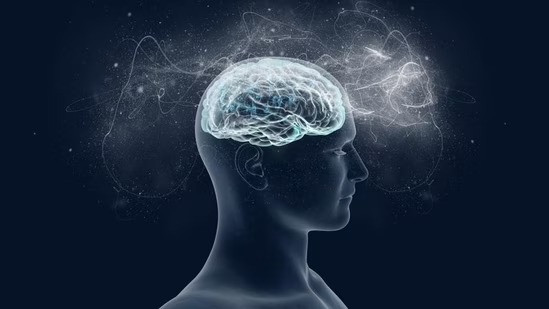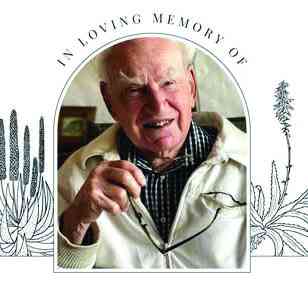
Mental health is a state of well-being in which an individual realises his or her own potential, can cope with the normal stresses of life, can work productively and fruitfully, and is able to make a meaningful contribution to their community.
Mental health is a critical component of individual, family, community and national wellbeing and prosperity. Being alone, feeling alone or feeling unwanted by others can negatively affect our mental and physical and mental wellbeing. Loneliness may be the direct result of not having people around you to connect with but can also result from a feeling of loneliness and challenges connecting with others even when surrounded by people. Loneliness is not solitude or a preference of spending time alone, often those who feel lonely desire social connection but do not have it.
What causes loneliness?
- Physical isolation: loneliness can result from the direct physical distance from family or friends when we have to live alone, work or move away from home or emigrate. We will often leave our natural social circles and may struggle to connect meaningfully in a new community
- Mental health challenges: some mental health challenges such as depression or anxiety can result in difficulties interacting socially with others leading to social isolation and loneliness
- Physical health problems or living with a disability: when we are physically unwell we may have physical mobility challenges leading to social exclusion and social isolation. Living with a disability where no accommodations are made for that disability can also result in social exclusion and a sense of isolation
- Overreliance on social media as a way of connecting with others: we are becoming more and more socially isolated in a society that is increasingly becoming more digitally connected. This can result in loneliness in an ‘over-connected’ world
- The ‘empty nest’: older parents may experience a great shift in social connection as their children leave home.
- Getting older: older adults are often at great risk of loneliness and its complications especially as our societies become more nuclear and multigenerational homes are becoming a rare concurrence
- Retirement: the end of our formal working life will result in loss of the social connection provided by the workplace. We spend a third of our working lives at work and without adequate preparation the shift to retirement can result in a deep sense of purposelessness and loneliness
- Death of a spouse/ partner or close family members: one of the greatest risk factors for loneliness is the death of a spouse or partner. Losing the person we have shared life with can result in an emotional void that can be difficult for family or friends to fill. Grief often involves a great sense of loneliness.
The health effects of loneliness and isolation
The recently published US Surgeon General Advisory on Loneliness and Isolation gave some much-needed attention on the physical and mental health effects of loneliness. Studies show that loneliness often results in unhealthy lifestyles with greater risk of sedentary lifestyles, poor eating habits, smoking, alcohol and substance use . These poor lifestyle choices can then cascade into increased risk of cardiovascular problems, hypertension and diabetes. People who are lonely are at a higher risk of dying prematurely than those with good social connection and support.
Mentally, loneliness can result in:
- Depression, anxiety and increased risk of suicide: There is possibly a bidirectional relationship between loneliness and depression and anxiety with loneliness increasing the risk of developing depression and anxiety but loneliness also being a consequence of depression and anxiety.
- Alcohol and substance misuse: Loneliness can also increase the risk of alcohol and substance use problems, where alcohol and addictive substances can be used to self- medicate the feelings of loneliness and isolation. Excessive alcohol and substance use can also cause social rejection by family and friends resulting in loneliness.
- Poor cognitive function: loneliness has been linked to faster rates of cognitive decline and increased risks of dementia.
How can social connection help improve health outcomes?
Being connected with others, with family, friends, peers or colleagues can have a positive bio-psycho-social effect on us. Biologically when we are connecting effectively with others, we share life and its challenges and we are generally less stressed.
- Mental health must be a priority at our workplaces
- ‘Art therapy critical in combating mental disorders’
- Be ethical, Potraz tells content creators
- How HR can effectively handle employee depression
Keep Reading
Lower stress levels mean we have lower levels of stress hormones resulting in lower risk of cardiovascular health problems, hypertension and diabetes.
Psychologically, when we share life and its challenges, we feel supported, we have a shared sense of purpose and meaning and we are more resilient against challenges. Socially, when we are connected to others, we eat better, we are less sedentary and we have better health seeking behaviour because those around us will encourage us to seek help when we are not well.
How can we as a nation reduce loneliness and improve social connection?
- Training parents and families to support children and young people better
- Train young people in social skills, communication skills and emotional intelligence and encourage healthy social connection in schools
- Create workplaces that allow employees to form meaningful connections with each other
- Prepare older people adequately for retirement and encourage active post retirement lives with healthy social connection
- Protection of older people from loneliness and perhaps… a return to the multigenerational home
If you think that you or someone you know may be struggling with mental health challenges linked to loneliness and social isolation, please contact your nearest health care provider and get help.
*Dr Chido Rwafa-Madzvamutse is a consultant psychiatrist. Feedback: WhatsApp: +263714987729










